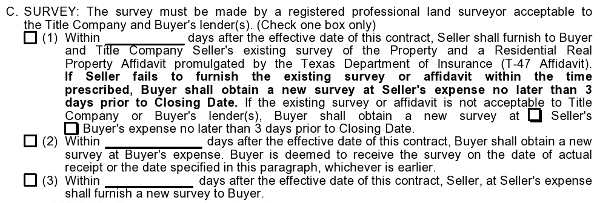When I first read The Hitchhiker’s Guide to the Galaxy I became an instant fan. In fact, I became a bit obsessed by it, writing “Don’t Panic!” on my schoolbook covers and doodling the number “42” over and over. Years later, this morning in fact, there I sat reminded of that simple mantra…”Don’t Panic!”
Today was one of those days where from the minute I sat down, it felt like I had been sucked into a giant tornado of real estate. Phone, email, web – all were going full steam ahead. People calling wanted answers that were only available to the people who were on the phone already talking to someone else. Messages, voicemails, texts, and emails – everything firing on all pistons. It felt like sheer madness. There were so many issues going on at once, it felt like my head might explode.
Then it hit me while talking to Dave Taylor, “Don’t Panic!” It’s the most simple real estate lesson in life. Not only was I panicked, but so was everyone calling – agents, buyers, and sellers. Panic spreads fast and can the best of any of us at any time, but it doesn’t have to be that way. Just repeat after me…”Don’t Panic!”
There will alwyas be moments in a real estate transaction when someone gets frustrated or feels they’re not getting what they need – both buyer’s and seller’s agents, buyers, sellers, lenders, title companies…you name it. In those moments it’s easy for someone to throw up their hands and panic and potentially mess up a transaction, but here’s the one simple truth I’ve learned: there is almost always a solution to fix everything. Problem is, when everyone’s in panic mode, that solution usually does not present itself. By following the “Don’t Panic” method, you can alleviate the immediate stresses and focus on finding the solutions first.
And of course don’t forget, the answer to life, the universe, and everything is 42.
image courtesy of Patrick Hoesly






